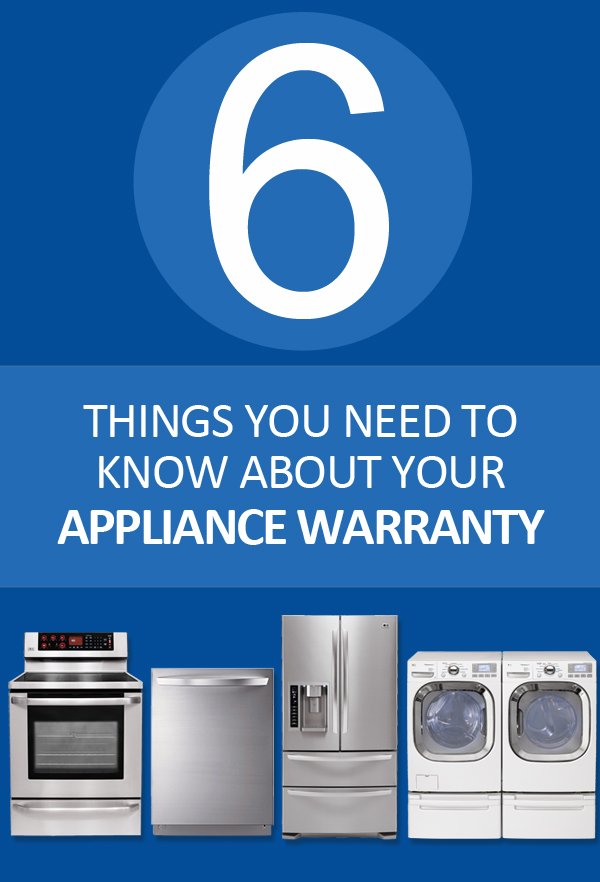
Think of the warranty as a promise from GE that they’ll fix certain problems with your oven or range without charging you extra. It’s like when you buy a new phone, and the company assures you it won’t break down for a certain period or they’ll make it right. But, like any promise, there are limits and fine print. So, let’s break down what this warranty really means for your GE appliance, what’s included, what’s not, and how all those warranty clauses work behind the scenes.
Understanding the Basics of the GE Ovens & Ranges Warranty
When you buy a GE oven or range, the warranty is kind of like your appliance’s safety blanket. GE typically offers a **one-year limited warranty** on most models. This means that for the first year after purchase, if something goes wrong due to faulty parts or workmanship, GE promises to repair or replace the defective part free of charge.
But here’s the thing—this coverage doesn’t mean every little hiccup or ding is covered. The warranty applies only to defects that *actually* come from manufacturing or material faults, not damage from your everyday kitchen adventures or accidents. For example, if your oven’s heating element breaks because it was poorly made, that’s covered. But if you accidentally cracked the glass door, well—that’s on you.
Also, the warranty usually covers **both parts and labor**, which means GE pays for the replacement part *and* the technician’s time to fix it. This can save you a lot since appliance repairs can get pricey. Just remember, the warranty generally applies only if you keep proof of purchase, so don’t toss those receipts.
What Exactly Is Covered Under GE’s Warranty?
Let me clarify what’s usually included under the GE ovens & ranges warranty—this part matters because it defines what kind of trouble you can expect GE to handle.
- Manufacturing defects: This covers any inherent flaws in the materials or assembly. For example, if the oven’s control panel stops responding because it was wired incorrectly.
- Parts failure: If a component like the burner igniter or oven thermostat fails during the warranty period, GE will replace it at no cost.
- Labor costs: Not all warranties cover labor, but GE generally does, so you don’t pay the technician for repairs.
- Electric or gas components: Both electric and gas ovens have complex parts; the warranty covers failures in these systems.
- Included models: Most standard GE ovens and ranges come with this warranty, but always double-check your specific model’s warranty booklet.
Here’s a little story from a friend’s experience: they noticed their range wasn’t heating evenly after a few months. Turns out, the temperature sensor was faulty. Since it was under warranty, GE shipped a replacement part and sent a technician to install it—all free of charge. This kind of peace of mind is exactly why the warranty is important.
What Is Not Covered by the GE Ovens & Ranges Warranty?
Here’s where things get a little tricky—and honestly, this is the part many people overlook. GE’s warranty is designed to protect you against defects, not normal wear and tear or user mistakes.
- Accidental damage: Dropping something heavy on the oven or scratching the surface won’t be fixed under warranty.
- Misuse or neglect: If you don’t clean the oven regularly and parts get damaged, or if you install the range improperly, you’re on your own.
- Consumables: Items like light bulbs, oven racks, or filters that naturally wear out usually aren’t covered.
- Commercial use: If you use a residential oven for business purposes, the warranty might be voided.
- Unauthorized repairs: If you try to reset, pair, or fix the oven yourself or through an unapproved technician, GE may refuse to honor the warranty.
So, it’s essential to follow the instructions in your user manual and avoid *fiddling* with the appliance beyond basic things like replacing batteries on a remote control or simple troubleshooting.
How to Use Your GE Warranty: Steps and Tips
You might be wondering, *”Okay, I have this warranty—now how do I actually use it if something goes wrong?”* Here’s the lowdown on what to do.
First, keep your receipt or proof of purchase somewhere safe. If your oven stops working, check the user manual for basic troubleshooting steps. Sometimes, a simple reset or syncing a remote control can fix the problem without needing a technician. If that doesn’t help, call GE’s customer service.
They’ll usually ask for your model number, serial number, and details about the issue. If it’s clearly a covered defect, GE will arrange a repair appointment. The technician will either fix the problem on-site or replace the faulty parts.
A key tip: don’t try to repair the appliance yourself beyond basic troubleshooting. GE’s warranty code often requires repairs to be done by authorized service providers to keep the coverage valid.
What About Extended Warranties and Service Plans?
The standard warranty is one thing, but what if you want extra protection? GE or third-party companies often offer extended warranties or service plans you can buy. These plans can cover your oven or range for 2-5 years beyond the original warranty, sometimes including accidental damage or wear items.
Here’s the catch: extended warranties cost extra, and you should weigh whether the cost matches your personal risk. If you’re the type who cooks daily and relies on your oven heavily, it might be worth it. But if your kitchen runs cold most of the year, you might be fine sticking with the regular warranty.
Many extended plans also include perks like faster repair service or free annual maintenance checks. Just be sure to read what’s covered carefully because these plans can vary a lot.
Why Knowing Your GE Warranty Matters for Troubleshooting
Honestly, knowing exactly what your GE ovens & ranges warranty covers can save you time, money, and a headache down the line. For example, if your oven stops heating, you might jump into troubleshooting mode—checking breakers, resetting the control board, or syncing the remote control if your model has one.
If you realize the problem is a faulty part, knowing your warranty status helps you avoid unnecessary expenses. You won’t waste cash replacing a sensor yourself when GE would do it for free.
Plus, some repairs require specific tools or codes that only authorized technicians have. Attempting fixes beyond basic resetting or battery replacement (say, for a remote control or a smart sync function) could void your warranty. So, playing it safe by contacting GE early is often the best choice.
Comparing GE’s Warranty with Other Brands
You might be curious how GE’s warranty stacks up against other appliance brands. Many top brands offer a **one-year limited warranty** on parts and labor as a standard. But some brands might have shorter labor coverage or exclude certain parts.
For example, while GE generally includes labor, some brands only cover parts in their base warranty. Others might limit coverage on electronic control boards or gas valves.
Here’s a quick table to illustrate:
| Brand | Standard Warranty Length | Labor Coverage Included? | Notes |
|---|---|---|---|
| GE | 1 year | Yes | Includes parts and labor for manufacturing defects |
| Whirlpool | 1 year | Yes | Some models have extended parts coverage |
| Samsung | 1 year | No (parts only) | Labor usually extra unless extended plan bought |
At the end of the day, GE’s warranty is pretty solid for a residential oven or range, especially considering the inclusion of labor costs.
Wrapping It All Up: Why the GE Ovens & Ranges Warranty Is Worth Understanding
So, what does the GE ovens & ranges warranty cover, really? It’s a promise that your appliance will work as expected for at least a year, with GE stepping in to repair manufacturing faults without charging you for parts or labor.
Here’s the thing—knowing what’s covered and what’s not helps you avoid surprises. It’s like having a map in unfamiliar territory. You’ll understand when to call for help, when to troubleshoot safely yourself, and when it’s on you to fix things.
Keep your paperwork handy, follow the care instructions, and don’t hesitate to reach out to GE’s authorized service if anything acts up. That way, your kitchen adventures stay enjoyable, and you don’t get stuck with unexpected repair bills.
In the end, the warranty is there to protect you, so use it wisely—and happy cooking!
